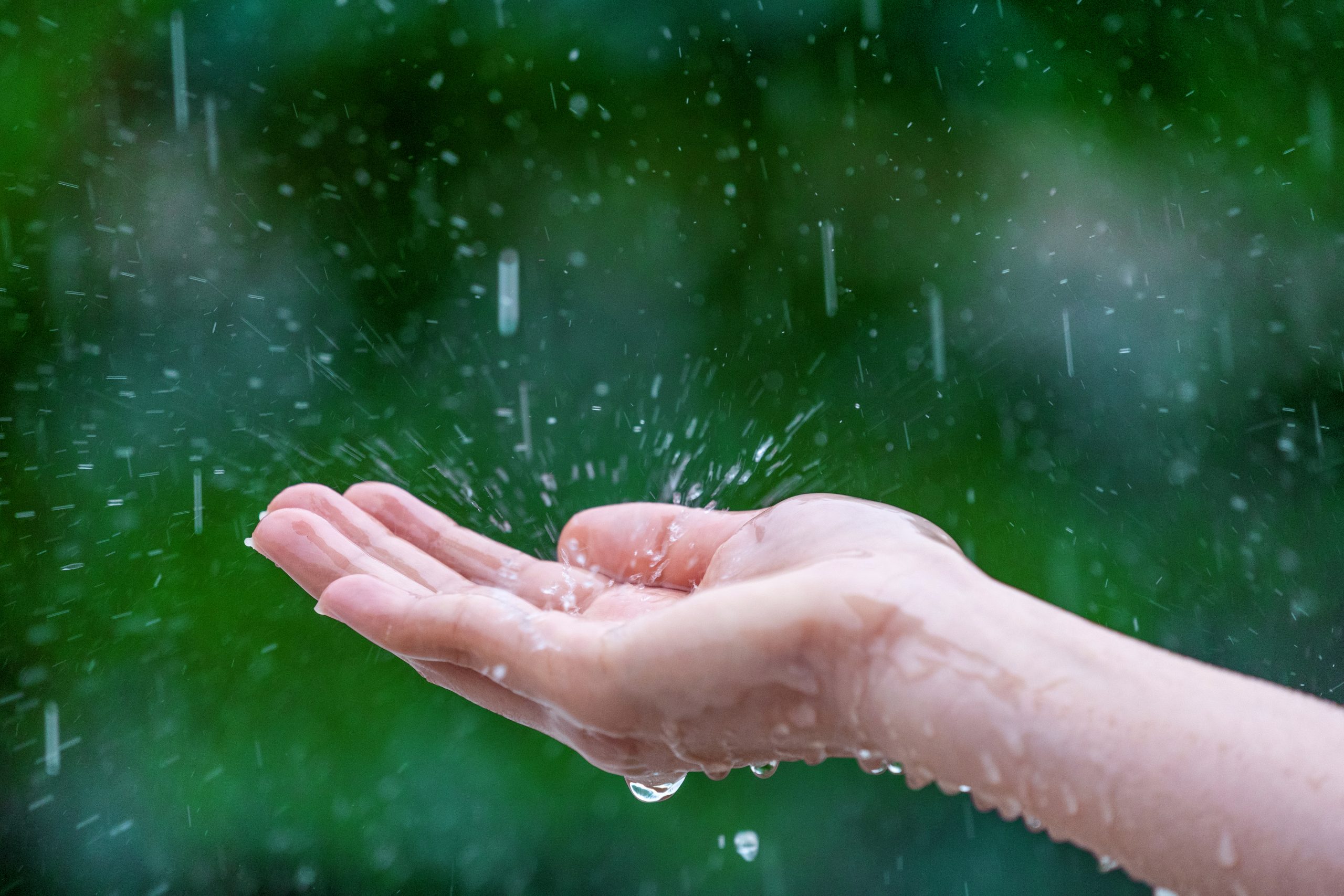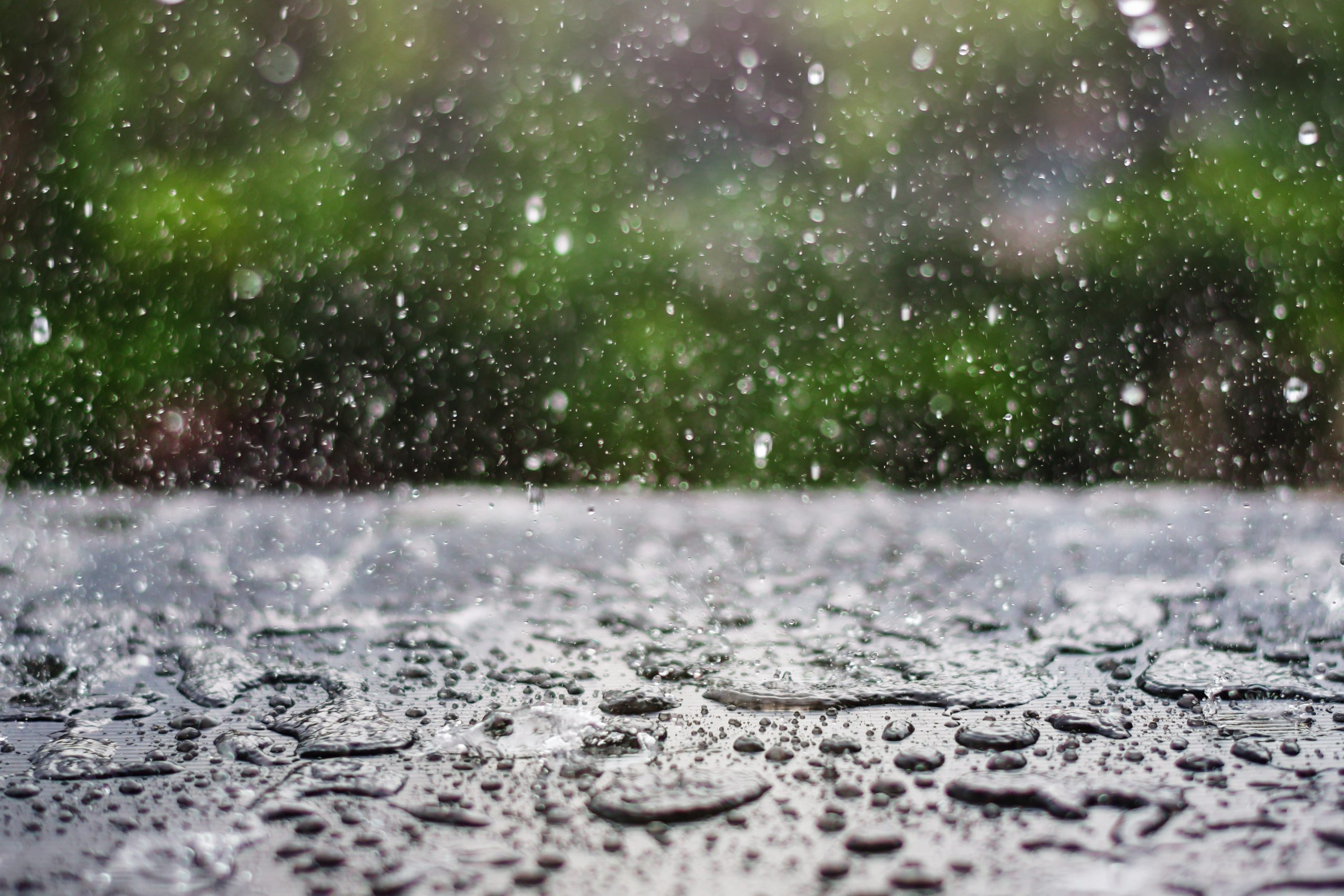The rainwater contains unsafe levels of what is known as “forever chemicals” which do not break down naturally.
Per-and ply-fluoroalkyl substances (PFAS) is their scientific name.
They are a family of several thousand human-made chemicals with non-stick or stain repellent properties that can be found in numerous places, including household items.
They are found in a lot of electronics, household food packaging, even cosmetics and cookware.
Now this new study says they are in rainwater in most places on the planet, including Antarctica.
Ian Cousins is the lead author of the study and professor at Stockholm University’s Department of Environmental Science.
He said that based on guidelines for one of the most well-known and extensively produced PFAS chemicals, the cancer-causing perfluorooctanoic acid (PFOA), rainwater is not safe anywhere for drinking.
“Based on the latest US guidelines for PFOA in drinking water, rainwater everywhere would be judged unsafe to drink,” he said.
“Although in the industrial world we don’t often drink rainwater, many people around the world expect it to be safe to drink and it supplies many of our drinking water sources.”
These forever chemicals and exposure to them have been widely researched and the health risks they may or may not pose is currently being debated by scientists.

But there are others who say that these chemicals affecting poor health cannot be proven.
“The two with the strongest linkages are kidney cancer and testicular cancer. But some studies have reported increases in breast cancer, prostate cancer, and bladder cancer,” said Jamie DeWitt, professor of pharmacology and toxicology at East Carolina University.
“Are the data strong enough to support a causal link of these diseases in humans?
“That’s being debated right now within the scientific community.”
However, she did say that those who study PFAS are convinced that “the linkages between exposure and these health effects are quite strong and quite compelling”.
“I have a record of saying there really is no safe level of PFAS,” she said.
“These are industrial chemicals. They don’t belong in our bodies”.
However, Cousins added he’s not very concerned about everyday exposure in food or mountain and stream water.
“We can’t escape it… we’re just going to have to live with it.
“But it’s not a great situation to be in, where we’ve contaminated the environment to the point where background exposure is not really safe.”






